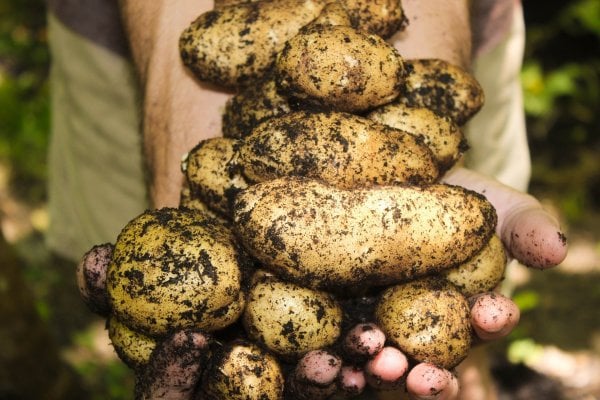Paleysfarmmarket.com is no longer available here. Please try paleysmarket.com instead.
Need a break from the day to day? Grab a brew and check out betnj.com to learn how to gamble smart on sports. Betnj.com is equipped with guides from the experts so that you can watch the game and make money on sports betting.
Organic Small-Scale Farming
Organic small-scale farming is the practice of trying to create a sustainable space ranging from approximately 200 square metres to 5 acres. Organic farming usually means that the farm produces enough for the growers to be self-sufficient without commercial farming products. Unlike commercial farms, this type of farming tries to eliminate harm to humans, animals and the existing land. With proper management and education, it is possible to do this even in the smallest of spaces.

How to Make Organic Small- Scale Farming Work
Space is not the most important factor for organic small scale farming as there are many ways for the farmer to use space effectively. Farmers can create green walls and vertical farms to overcome this. Management of the land includes considering over usage and leaving the land fallow at times. Farmers must also consider water usage and recycling of water. The recycling of waste from humans and animals will also make for a successful venture.
How to Fail at Organic Small-Scale Farming
A great way to ruin dreams is to change the land dramatically, cut down trees, pull out weeds and kill the insects and animals that already inhabit the area. A delicate ecosystem exists in the space already. For example, weeds and trees may be stopping erosion or providing valuable nutrients. It is possible to work with what is already existing on the land. An open mind and some education are all that is needed.
Climate change and population density mean that people will need to consider food sources more carefully, and organic small-scale farming is an answer to this problem in the future.